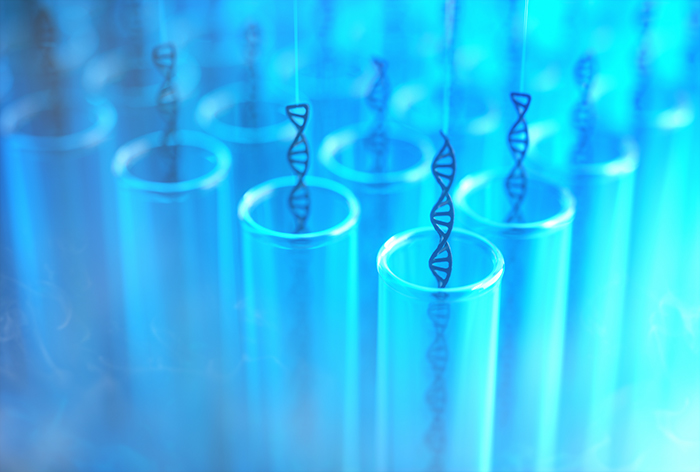FDA Approves First Consumer DNA Test for Breast Cancer Risk

Before you consider doing your own, there are things you should know.
On March 13, 2018, the FDA announced they had approved the first direct-to-consumer test for some BRCA gene mutations that increase the risk of breast and ovarian cancer. The simple home DNA test, which requires only a saliva sample, is being marketed by 23andMe, a company that also provides DNA testing for ancestry. Testing your DNA for BRCA 1 and BRCA 2 gene mutations come with some major considerations:
- Over the years geneticists have come to discover that there are more than 1000 known mutations in the BRCA 1 and 2 genes. The 23andMe test only checks for three of them, so you are not one and done in your risk for breast and ovarian cancer.
- The three mutations tested for are the most common mutations in breast and ovarian cancer risk (90 percent) in people with Ashkenazi (Eastern European) Jewish ancestry. Women with one of the mutations have a 45 percent to 85 percent chance of developing breast cancer by age 70, according to 23andMe. But even in this population, only two percent of women carry any of these three mutations.
- So while the test for these three mutations may make a good screening tool for the Ashkenazi population, those mutations are not the most common ones in the general population: No more than 0.1 percent of women with non-Ashkenazi ancestry carry the mutations.
- A home genetic test does not come with genetic counseling, something health providers feel strongly about having done before you decide to be screened.
Talia Donenberg, a genetic counselor with the University of Miami Health System, explains the key importance of counseling: “Genetic counselors use family and medical history to consider if certain genetic tests may be appropriate for a given situation, and which member of the family should be tested for the most informative outcome. We also help patients and physicians understand genetic test results, and help patients process information necessary to make their own decisions about screening, prevention and treatment for cancer, as well as how to inform at-risk family members.”
Questions remain unanswered:
What do you do with the results? The FDA warns that people and their doctors should not use these results to make decisions on treatment or pre-emptive surgery.
Should I have more extensive BRCA testing done? The home test runs about $199 and doesn’t give a complete picture, especially in families with patterns of breast or ovarian cancer.
If I have more extensive testing and it turns up negative for BRCA 1 or 2 mutations, can I rest easy about my breast cancer risk? We now know there are other genes involved in breast and ovarian cancer risk besides the BRCA genes.
What if I don’t have genetic testing? By far, most breast cancer is not hereditary. In the absence of suspicious familial patterns of breast and ovarian cancer, there is no reason to be screened.
Dr. Alejandra Perez, an oncologist with the Sylvester Comprehensive Cancer Center and Miller School of Medicine advises: “For the majority of the population without known family risk factors, our best approach is still routine preventive screening, being alert to body changes, and adopting a lifestyle that doesn’t encourage cancer, things like not smoking and keeping weight within normal limits. Genetic testing is an important tool when used judiciously.”
Tags: 23andMe, Ashkenazi (Eastern European) Jewish ancestry, BRCA gene testing, breast cancer hereditary risk, Dr. Alejandra Perez, ovarian cancer risk, Talia Donenberg
